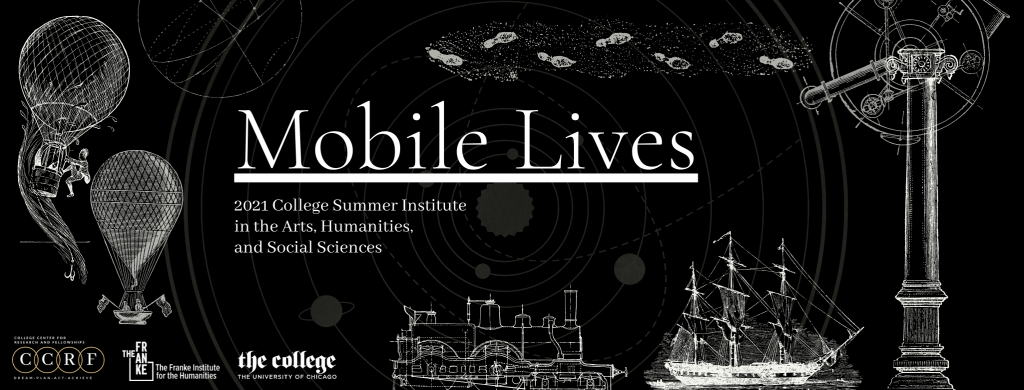
Mobile Lives
From family breakdown to regime change, territorial transformation to economic collapse, the reasons people leave their homes vary across time and space. Yet since antiquity, what these journeys mean to the people who undertake them and the authorities who evaluate them have orbited around three concerns: choice, gender, and borders. Why call someone a refugee rather than a migrant? What does it mean that women are more often said to be trafficked than to move? Is crossing a physical border different from living excluded in the land of one’s birth? How can we make sense of the paradox that the “migrant” is often not mobile at all?
At stake in all these questions is not simply a problem of belonging but of power. The contingencies of collective life play a large role in sending people into flight, but poverty, political beliefs, religion, gender, and sexuality can make people particularly precarious and in need of a new home. Across history, the movement of people has shaped societies in fundamental ways, and, moreover, decisions about mobility – for example, about who moves and who stays – are embedded at the heart of a society’s self-reckoning.
Working across genres, geographical locations, historical periods, and critical traditions, we ask what it means to live a life of mobility and to narrate it. We will attend to narratives and representations of migration, paying special attention to the forms and technologies that give expression to this dynamic (music, media, fiction, and film) and the tropes that resonate when mobile lives are figured both by migrants and by others in their home and destination communities. Like the figure of the migrant, migration is both an enduring and a mutating trope. No wonder therefore that people on the move – travelers, migrants, refugees – appear as formative figures in religious and secular allegories. Often transmitted across time, adapted and transformed in different contexts, such stories present us with frameworks to compare the ethics, politics, and cultures of migration in particular times and places.
The 2021 College Summer Institute offers undergraduates an opportunity to pursue rigorous, mentored research projects on questions about migration and mobile lives. While the CSI faculty mentors come from particular disciplines, we welcome students interested in pursuing ambitious research projects from any artistic, humanistic or social-scientific angle, including, but not limited to history, literature, film, art history, philosophy, music, linguistics, anthropology, political science, sociology, the history and philosophy of science, cognitive science, psychology, and social justice. Participating students will partner with Institute faculty mentors on intensive research or creative inquiries relevant to the CSI theme. Students’ original research may fuel their writing in genres ranging from traditional scholarly monographs to literary nonfiction, from philosophical essays to fiction, poetry and screenwriting. Their research may also furnish significant groundwork for individual BA projects.
Objectives and Learning Outcomes: Students will learn how to conduct original research on a wide array of primary, secondary and reference materials, using tools humanists employ across disciplines. They will acquire expertise in assessing sources, developing robust research questions and topics, and building scholarly arguments and other persuasive works of disciplined imagination out of evidence provided by primary and secondary material. They will hone the skills required to act as contributing partners in collaborative research enterprises, and as independent investigators pursuing original projects. At the conclusion of the College Summer Institute, students will have completed a substantive project that showcases their engagement with research materials, and their critical thinking and writing around the theme of the Institute. A closing symposium and exhibition will afford students the opportunity to present their work publicly.